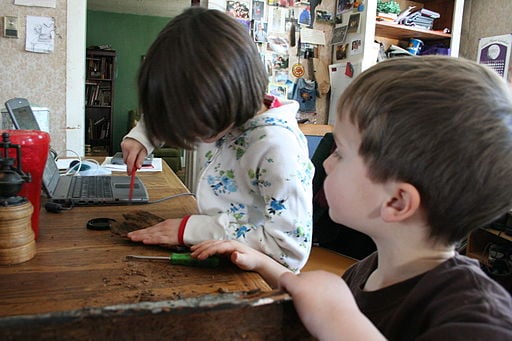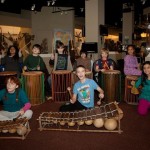 On Tuesday, we choked down a few nasty beans and one nasty squash. Zach held his nose while he ate them, and followed each bite with a large milk chaser. Jeff, whose worst review of my culinary attempts is typically, “This isn’t that bad,” pushed the vegetables to the side and said, “These are NOT good.”
On Tuesday, we choked down a few nasty beans and one nasty squash. Zach held his nose while he ate them, and followed each bite with a large milk chaser. Jeff, whose worst review of my culinary attempts is typically, “This isn’t that bad,” pushed the vegetables to the side and said, “These are NOT good.”
Do you remember how excited we were to plant the Three Sisters – corn, squash and beans — as the Pilgrims had? We used heirloom seeds from Plymouth Plantation, and planted them as the Native American guide there had instructed us.
And yet we failed. Our yield from all our hard work?
Ears of corn = 0
Number of Squash = 3
Number of Beans = 8
Our crops failed.
Why do we keep planting vegetables year after year? We very rarely have a successful harvest, but we put something in the ground every year.
We try again each year to grow our lawn. That, too, fails.
On Monday, Zach told me that he hated school. My sweet boy who has always LOVED school told me, “I wish I could just be an animal. Then I would never have to do school ever again.”
Maybe he’s sick of all of the failed homeschool projects – from the vegetables to the puppet theater, from writing an essay to learning an instrument. Or maybe it’s just that this was a hard month of school for him. The Governess pushed him hard and he came up against many of his limitations.
Lots of failure on our minds this week.
Last week in Sunday School, as I was telling the story of the complaining Israelites, who were wandering around the dessert, grumbling about the lack of food, water, and a comfy place to call home, one of my students asked, “How many chances do you get?”
“That’s a good question. What do you all think?”
A. raised his hand, and when I called on him he proudly declared, “ONE!”
“Really? Just one chance? Then what happens?”
“You go to hell.”
“Oh my. Is that right? Have you ever been grumpy and whiny and ungrateful when things didn’t go your way?”
He nodded.
“And has that happened more than once?”
He eventually recanted his one-strike policy, but I understand his desire to draw stark distinctions between what is okay and what is not. When you plant things, or babies or nations, and they bear little fruit, it’s hard not to throw in your gardening gloves.
But there is something about spring that draws us in each year, renewing our hope for the garden. And something about fall that makes my teacher’s heart come alive with promise. Crop failure is a part of life, to be sure. But so are sun, and soft soil, and empty notebooks, and unused erasers. Who knows what might grow next year?











